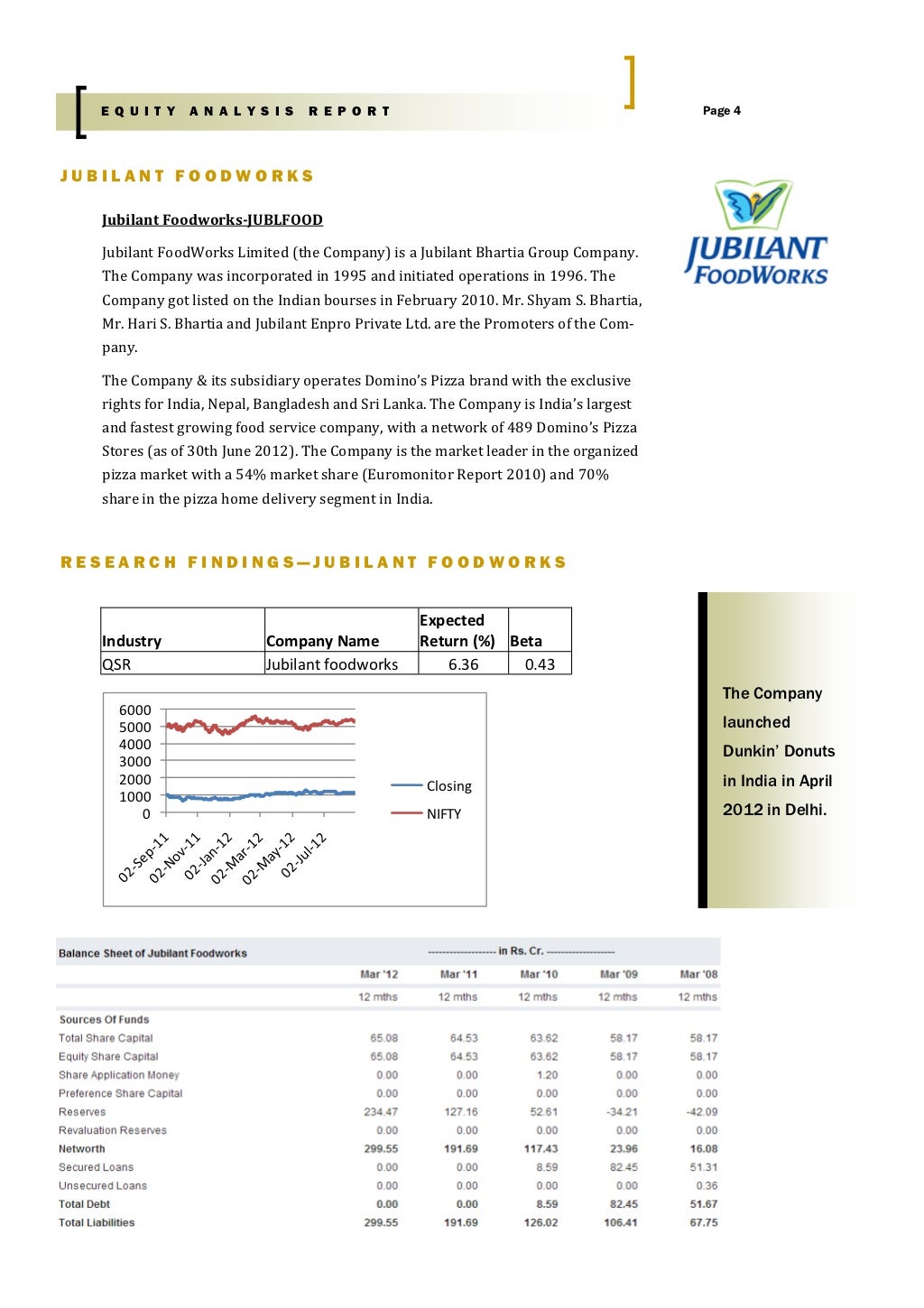Starting as Beginner becoming Professional: Learning alongside Equity Analysis Specialists
Within the current ever-changing financial environment, grasping the nuances of equity analysis has turned into essential for investors looking to make informed decisions. Regardless of whether you are a novice wanting to dip your feet into the realm of investing or a seasoned participant wanting to sharpen your skills, equity analysis specialists are invaluable resources. They bring a abundance of knowledge and experience to the table, enabling you to navigate the complexities of the stock market with assurance.
Learning from equity analysis specialists not only accelerates your journey from novice to professional but also furnishes you with the analytical tools essential to evaluate stocks and market trends effectively. By utilizing their expertise, you can develop a deeper understanding of financial statements, valuation techniques, and the wider economic factors that affect investment outcomes. With their guidance, you can improve your analytical capabilities and ultimately attain better investment results.

Understanding Stock Evaluation
Equity analysis is a crucial process used by investors to evaluate the potential value of stocks. It entails examining various factors that can affect a company's results, such as financial statements, industry position, and market patterns. By acquiring a thorough understanding of these elements, investors can make informed decisions on buying, keeping, or selling stocks. This method is crucial for those aiming to maximize returns and lower risks in their investment holdings.
In summary, equity analysis can be categorized into two primary strategies: fundamental analysis and technical analysis. Fundamental analysis concentrates on the underlying value of a company, examining its financial health through measurements such as earnings, debt, and cash flow. Conversely, technical analysis focuses on price trends and trading volume, employing graphs and indicators to forecast future stock behavior. Both methods provide valuable insights that can help investors develop strategies customized to their individual goals.
For newcomers, harnessing the know-how of equity analysis experts can be life-changing. equity research report possess the expertise and background necessary to interpret complex data, assess market environments, and spot opportunities that might be overlooked by less knowledgeable investors. By partnering with equity analysts, new investors can speed up their learning curve, gaining confidence in their investment decisions and boosting their potential for success in the financial markets.
Key Skills for Aspiring Analysts
Budding stock analysts need to develop a robust foundation in financial assessment. This entails understanding financial statements, which consist of financial position statements, income statements, and cash flow projections. Analysts should be comfortable using ratios to analyze a firm's performance and consider its future potential. Mastery in these domains allows analysts to recognize promising investment prospects and assess risks competently.
Moreover essential skill is proficiency in valuation methods. Analysts need to learn approaches such as DCF analysis, comparable company analysis, and precedent deal analysis. Comprehending these approaches enables analysts to calculate the true value of stocks and make informed recommendations. Additionally, the ability to communicate the reasoning behind valuations is important for sharing insights to customers and stakeholders.
Lastly, strong mathematical abilities and attention to detail are essential for financial analysts. This entails the ability to work with extensive datasets, employ analytics tools, and perform sophisticated calculations. A vigilant eye for specifics ensures precision in evaluation, which is critical for making prudent investment selections. Furthermore, the ability to analyze data and derive useful insights distinguishes effective analysts stand out in the competitive landscape of equity analysis.
Industry Insights and Proven Techniques
Grasping current developments in investment assessment is crucial for both investors. Equity analysis specialists stress the significance of financial analysis and data analysis to discover viable investment options. Monitoring financial metrics, corporate performance indicators, and sector changes can greatly improve one's skill to make informed decisions. Consuming economic news outlets and analyses is critical for obtaining insights that can influence portfolio strategies.
Working together with equity analysis specialists can furnish exceptional advice in enhancing one's analytical approach. These professionals often use cutting-edge methods and methodologies to assess market dynamics and equity opportunities. Leveraging their expertise allows investors to gain a more profound insight of portfolio risk, valuation methods, and asset allocation. It is wise to ask questions and seek clarity on difficult ideas, which can bring about better returns and a more nuanced perspective.
Ongoing education and adjustment are crucial elements of proficient equity analysis. As markets develop, so do financial tactics and assessment strategies. Participating in lifelong learning through workshops, virtual lectures, and mentorship programs can help investors remain informed. By leveraging the expertise offered by equity analysis specialists, investors can foster a proactive approach in addressing market obstacles and seize opportunities for growth.